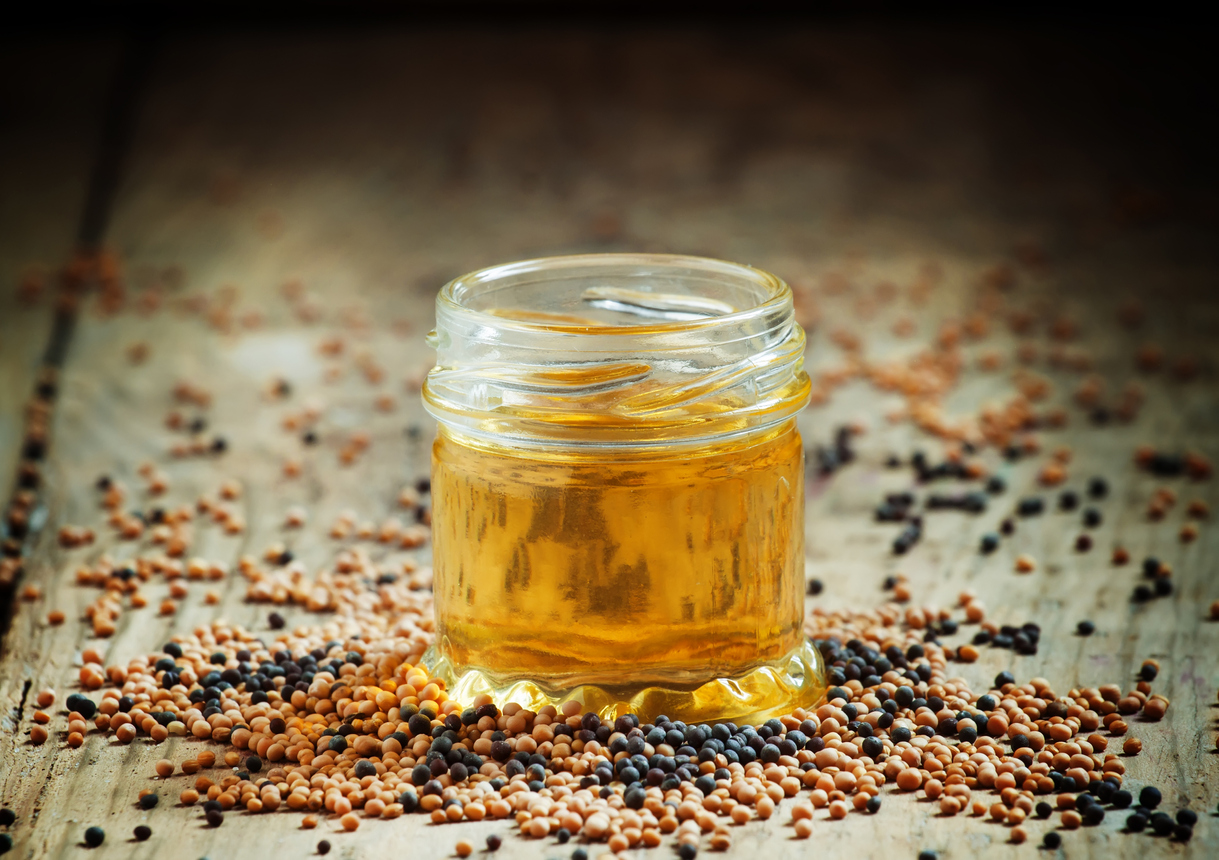
CRISPR Mustard Produces Oil with Low Pungency
August 16, 2023| |
Researchers from the National Institute of Plant Genome Research in New Delhi, India, used the gene editing tool CRISPR to come up with mustard plants with low levels of glucosinolate in seeds, but high amounts in leaves. This breakthrough paves the way for production of palatable mustard oil.
Glucosinolates are natural chemicals produced by plants as protection from pests and diseases. However, these chemicals are bitter-tasting, thus, making the mustard seeds unpalatable to animals. This characteristic has limited the use of mustard seeds for food and feed.
The research team used CRISPR to edit glucosinolate transporter (GTR) genes in mustard plants. GTRs are in charge of transporting glucosinolates from the leaves to the seeds. By editing the GTR genes, they were able to lessen the amount of glucosinolates that were transported to the seeds.
The results confirmed that the edited mustard plants had lower levels of glucosinolate than the wild-type plants. The glucosinolate levels were also found to be higher in the leaves of edited plants than the wild-type plants. This implies that the plants remain protected from pests and diseases. This could lead to the development of new mustard varieties that are both edible and nutritious.
Read more findings in Plant Biotechnology Journal.
| |
You might also like:
- India's GEAC Recommends the Environmental Release of GM Mustard DMH-11
- Australia's OGTR Receives Application for Commercial Release of GM Indian Mustard
- GM Mustard DMH-11 Yields 28-37% More than Check Varieties
Biotech Updates is a weekly newsletter of ISAAA, a not-for-profit organization. It is distributed for free to over 22,000 subscribers worldwide to inform them about the key developments in biosciences, especially in biotechnology. Your support will help us in our mission to feed the world with knowledge. You can help by donating as little as $10.
-
See more articles:
-
Gene Editing Supplement (August 16, 2023)
-
Research and Tools
- Virus-based Vector Delivers Efficient Protein Expression and Gene Editing in Cassava
- Researchers to Collaborate in Developing Smart Breeding Methods for More Resilient Crops
- CRISPR Helps Researchers Identify Peptides for Pollen Tube Growth in Rice
- KIT Professor Uses CRISPR to Combine Genes in Crops
- CRISPR Mustard Produces Oil with Low Pungency
- Heat-shock Inducible Genome Editing System with Natural Promoter Knockouts Gene in Plants
- Better Catfish with More Omega-3 Fatty Acids and Faster Growth
-
Read the latest: - Biotech Updates (December 17, 2025)
- Gene Editing Supplement (December 17, 2025)
- Gene Drive Supplement (February 22, 2023)
-
Subscribe to BU: - Share
- Tweet

